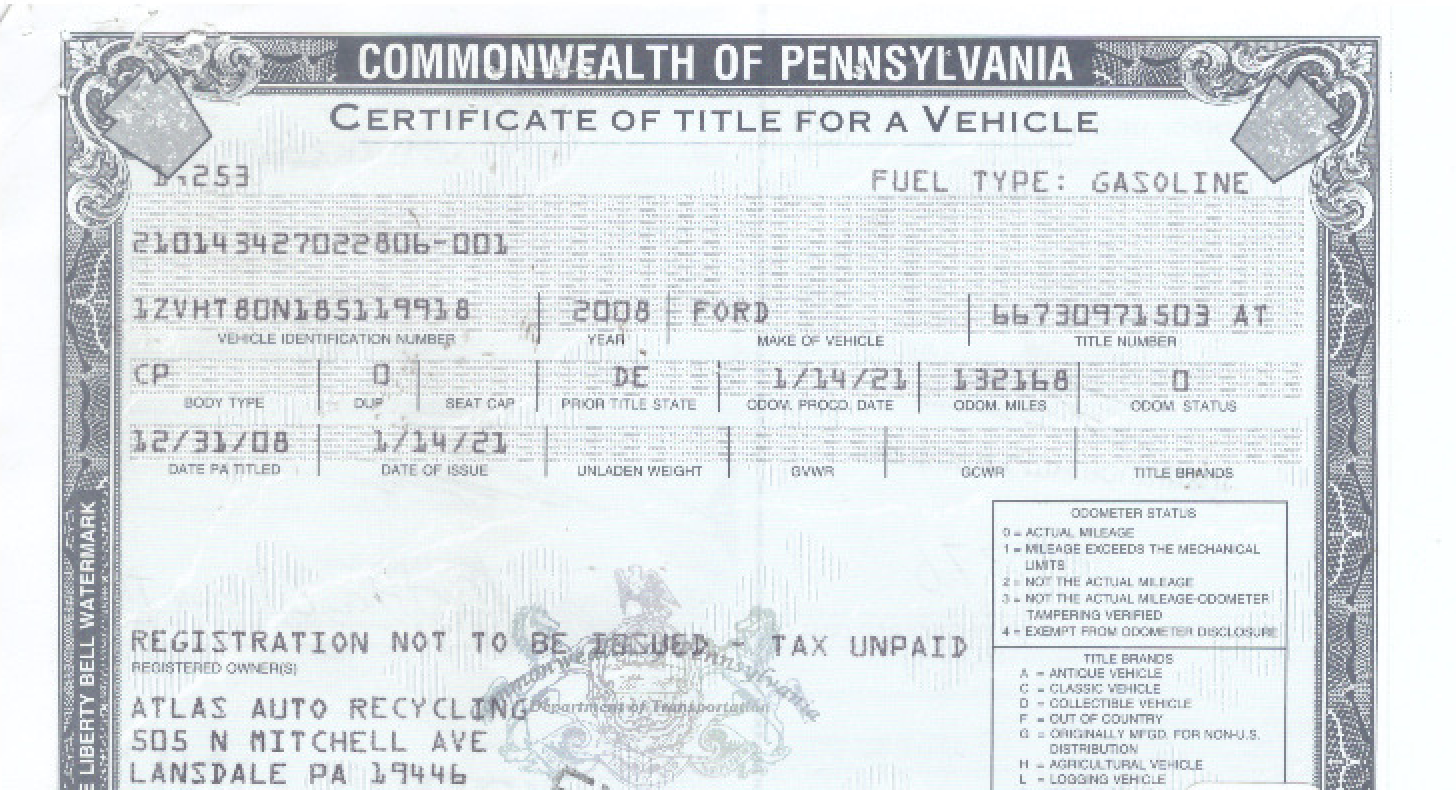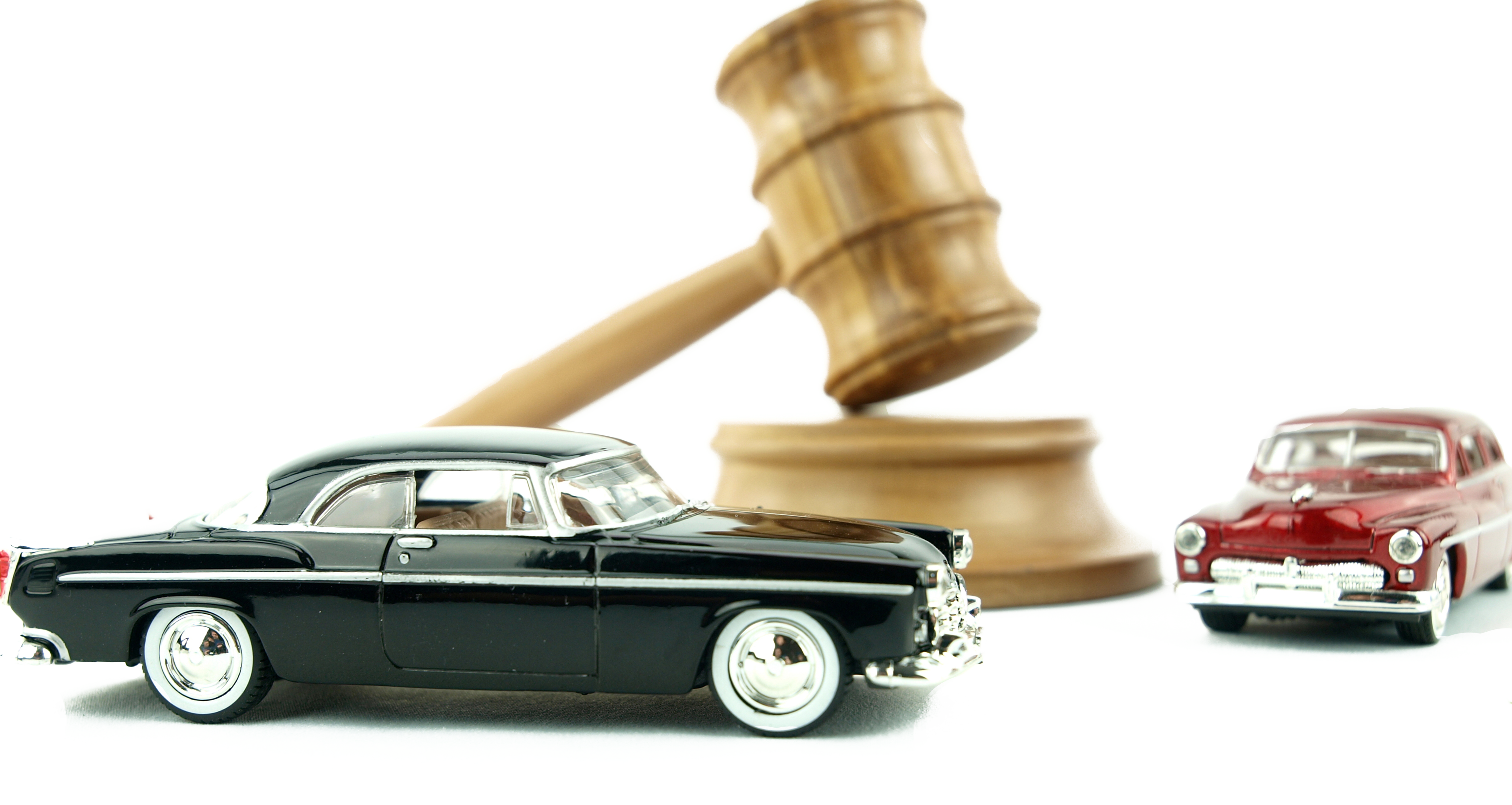Understanding car titles
Understanding car titles
Car titles are documents issued by the state’s department of motor vehicles offices (DMVs). This document shows the ownership information for the vehicle. The details of the previous owner, the mileage of the car and the condition of the car are all included in this certificate of ownership. The current title must be transferred to the new owner at each sale of the car. The state will then issue a new Title with the updated information.
It is essential that the buyer knows the Title of the vehicle, so before bidding or purchase, you should check the Title brand, as it will be handed over to you after the purchase. There are a number of different documents depending on the condition and damage to the vehicle that can be issued by each state, and each Title brand conveys certain ownership rights and restrictions. Title branding is not allowed by either individuals or privately owned companies. You need to know the name and viability of each Title brand to make sure you can buy, register or import the vehicle into another country.
The car Title contains all the additional information you need to know about the car. Keep in mind that the chassis number (VIN) that is on the car and in the Title must match. Other information in the Title includes mileage, previous owners, vintage, make and model. If the car was crashed, this will be in the Title as well.

Car Title Brands
In America, not only do different states have different Title brand lists, but the definition of a given brand may be somewhat different in each state. Although title brands may vary from state to state, the most common are, for example
-
Clean Title
All new cars are issued with a Clean Title. Clean Title means the car had no damages. Therefore, it is ideal if you are buying a used car with a Clean Title. However, this does not mean that you should only buy a used car with a Clean Title.
-
Clear Title
In most cases, a Clear Title is confused with a Clean Title. But these are not identical. A Clear Title means that the current owner has no financial debt to a lien holder, third party lender, or credit institution. This means that there is no third party who could claim ownership of the vehicle.
-
Salvage Title
A Salvage Title is issued to a vehicle that has significant damage. Usually, the cars that have a Salvage Title were crashed. If the saved vehicle is rebuilt, the “Salvage” title classification may change to “Rebuilt Salvage”. Usually, such a change requires investigation.
Some buyers do not buy a Salvage Title used car. At the same time, it’s not as bad an idea as they think. As a matter of fact, Salvage Title cars are a very good option for buyers who have experience with damaged or defective vehicles or have car expertise. Quite a few of these cars can be repaired and can be on the road again in excellent condition. Learn more about defining a Salvage title.
-
Rebuilt Title
A Rebuilt Title is issued to vehicles that have been rebuilt and repaired after the Salvage Title was issued. Rebuilt Title cars have suffered significant damage in the past. Once rebuilt, the state examines the vehicle and decides whether it will get a new Title, one that is not Salvage.
Remember, if you are not a car expert, it’s not ideal to buy a car with a Rebuilt Title. These cars may still need some repairs in the future, and if you’re not car savvy this may cost you money. However, if you are car savvy they may be a great option for you to buy.
-
Lemon Title
It is common to call any car that has excessive mechanical problems a "lemon." However, you might not know that each state has its own standards (or "lemon laws") on what makes a vehicle a lemon. In fact, not all states even have lemon laws.
Generally speaking, if a certain element of a vehicle has malfunctioned several times while under warranty, and this malfunctioning element makes the car inoperable or unsafe to drive, such a vehicle could be branded by the state as a lemon on its title.
Another key point is that the manufacturer be given a chance to repair the problem. If the vehicle continues to have the same problem (even after attempts to repair it), the vehicle can be branded as a lemon. In addition, the problems must have occurred during the warranty period. It's important to remember that each state has its own lemon law. Contact your state department of motor vehicles to learn more about the lemon laws in your state.
To find out if your vehicle is a lemon, a vehicle history report will note on your report if the vehicle has a lemon title.
-
Flood Title
Hurricanes, thunderstorms and flash flooding are responsible for water damage on many vehicles each year in the United States. Don't think that because you live miles from a hurricane or flood zone that you won't encounter a water-damaged vehicle. It is common for vehicles to be moved thousands of miles before they are put up for sale.
How can you be sure the vehicle you're about to purchase has not sustained significant water damage? It's always a good idea to have the vehicle examined by a certified mechanic before you purchase it. However, a vehicle history report can show if the title has been branded with water damage at some point in its past.
-
Odometer Rollback Title
Detecting odometer rollback is very difficult if you are not a certified mechanic, mostly because anyone who commits the fraudulent act of rolling back an odometer to conceal actual mileage is aware of how to hide it. Taking the vehicle to a mechanic for an inspection is a very good way to discover whether a vehicle's odometer has been rolled back. A good mechanic will know what signs to look for and can point them out over the course of the inspection. Another step you can take is purchasing an USAautolicit vehicle history report. This report will notify you if the vehicle has been reported as having a rolled-back odometer. For more information on odometer rollback, please visit the Office of Odometer Fraud Investigations (a division of the National Highway Traffic Safety Administration).
Title Washing
Because title brand definitions vary by state, sometimes a title brand will not transfer to the title in the new state, which means the title becomes "clean." Unscrupulous sellers can increase the sale price of cars by "cleaning" or "washing" the titles by registering them in states where the title brands do not transfer. Usaautolicit vehicle history reports can help protect you from such hidden title brands. Usaautolicit vehicle history reports contain all title brand, registration and other important information over the life of the vehicle, regardless of where the vehicle is registered. Even if a vehicle moves to another state that doesn't recognize certain brands, the Usaautolicit vehicle history will still reflect all previously reported title brands.
If you have further questions about title brands, we recommend contacting your state’s Department of Motor Vehicles (DMV).




